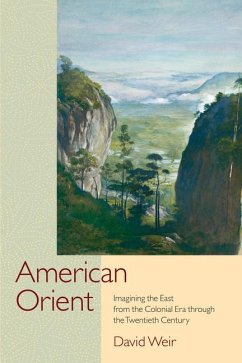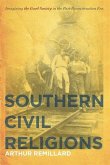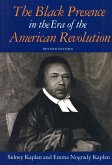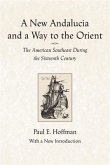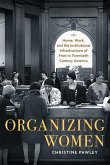In this book, David Weir explains why the American fascination with the Far East is older than the United States itself. From the middle of the eighteenth century on, Americans had a fundamentally different attitude toward the Orient that set them apart from their British and European counterparts, who treated the East simply as a site of imperialist adventure. In eighteenth-century America, the East became a paradoxical means of reinforcing the enlightenment values of the West: Franklin, Jefferson, and other American writers found in Confucius a complement to their own political and philosophical beliefs. In the nineteenth century, with the shift from an agrarian to an industrial economy, Emerson, Thoreau, and other Transcendentalists saw the Hindu Orient as a mystical alternative to an increasingly commercial and materialist American reality. A similar sense of "Oriental" otherness informed the aesthetic discoveries of the early twentieth century, as Pound, Eliot, and other poets found in Chinese and Japanese literature an artistic purity and intensity absent from Western tradition. From the Beat Generation of the 1950s to the yoga vogue of more recent years, the same tendency continues: Americans transform the East into a complex fantasy that helps them overcome something objectionable, either in themselves or in their culture, in order to achieve a more authentic form of philosophical, religious, or artistic expression.

